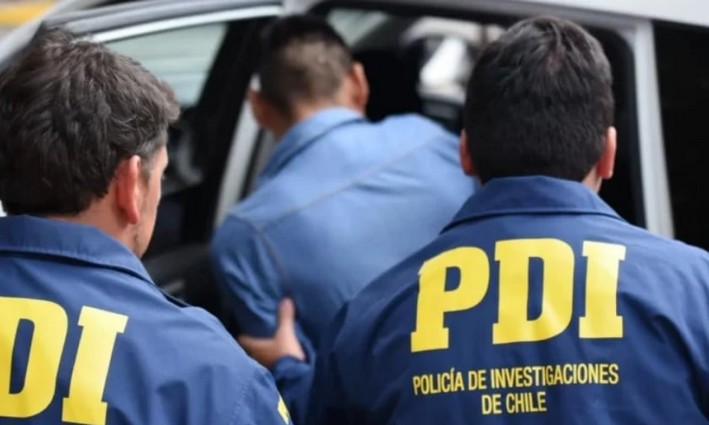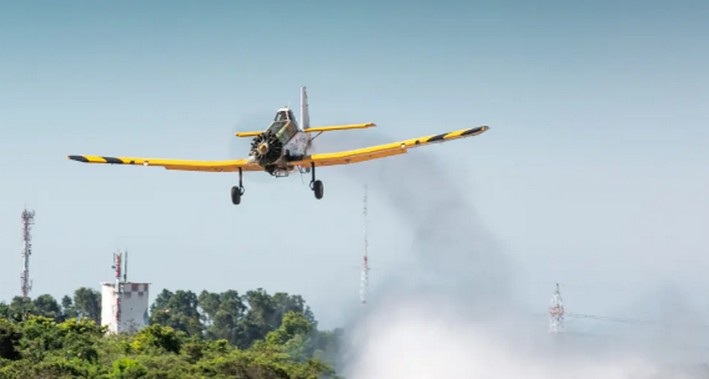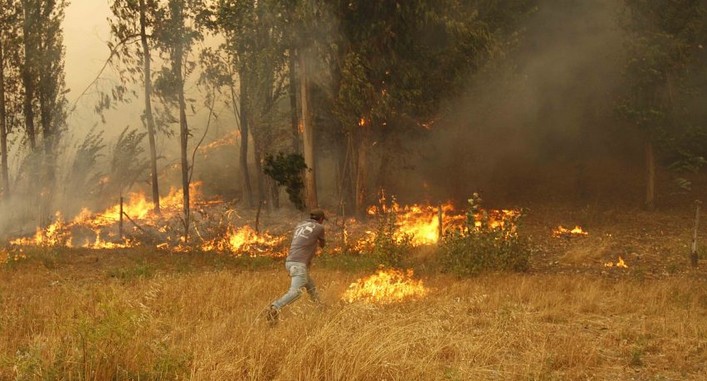Valencia: In the Southern Macrozone There Are Terrorist Groups and Criminal Gangs, Just as or Even More Violent
- He reaffirmed the need for a new anti-terrorism law, as the current one, in effect for four decades, is "very bad and difficult to enforce."
National prosecutor Ángel Valencia clarified that no organization or criminal gang has publicly claimed responsibility for themurder of three police officers in Cañeteover the weekend. He analyzed that in the Southern Macrozone, there are groups whose actions could be classified as "terrorist" and others involved in common crime, which may be even more violent.
"In the area, there are often groups that could be classified as terrorists, but at the same time, there are gangs of common criminals who are just as or even more violent, resorting to violence simply to gain territorial control, like organized crime," he stated in an interview with El Diario de Cooperativa.
Along these lines, he explained that "what happens in the area is that there are a series of acts that, according to language and common sense, should be classified as terrorist, but our law does not classify or allow them to be prosecuted as such. In fact, sometimes victims ask us not to classify them unnecessarily as such because insurance doesn’t cover damages caused by fires."
Still in its first constitutional stage, a reform is being processed in the Senate, merging five initiatives—including one introduced by the government last August—to thecurrent anti-terrorism law, which dates back to 1984and has been widely criticized for its ineffective definition of terrorist conduct.
"We have a very bad anti-terrorism law that is difficult to enforce, and today we have better investigative tools in the gun control law, the law punishing organized crime, the law on timber theft, Law 20,000 (...) even to impose harsher penalties," he argued.
Therefore, "we need a stricter law than the one we have; we have a lenient law that does not precisely punish crimes we would all consider terrorist: (for example) conspiring to kill a prosecutor is not a crime today—these things are not reasonable."
In this context, he pointed out that "no matter how much a group of people believes they have the right to autonomy, to govern what they consider their territory, they cannot resort to murders and attacks to impose their views. In a democracy, this is unacceptable."
He also noted that "when someone is labeled a terrorist, it almost turns them into a social fighter using illicit means (...) And when common criminal gangs are labeled terrorists, they start claiming political criminal treatment, seeking sympathy for their status."
Nevertheless, he emphasized that, at a Latin American level, "what has been happening lately is that these organized gangs have become a threat to democracy. And rightly so, many, even if it's organized crime, are directly classified as terrorists."
Source:www.cooperativa.cl













